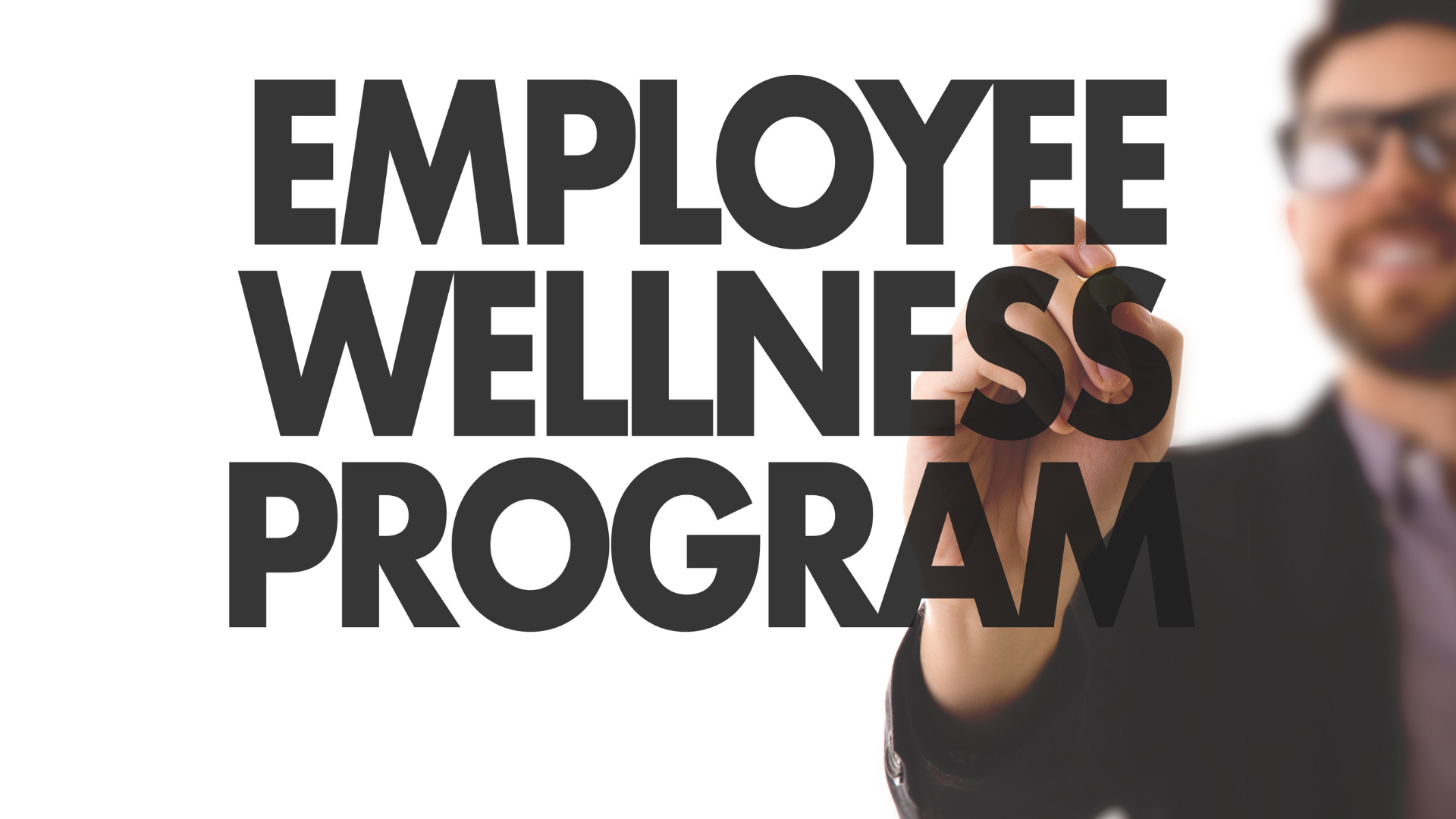The energy and enthusiasm of youngsters is infectious – especially in a workshop setting. How does a Facilitator adapt to these attributes of a younger group?
We are often invited to conduct corporate induction programs for some of our clients like IOCL, Pepsico and IMRB amongst others. These induction programs could be to bring their core values alive through fun, experiential activities or positioned as a campus-to-corporate bridge programs.
Coming from an education system that rewards individual performances, the need for team work in corporate cultures seems alien to most of them. Our endeavor in such workshops is hence to move these youngsters from a mindset of ME – to a mindset of WE.

What makes them unique as a group, to be handled by a Facilitator are:
- By and large – great openness to new learning (as against the baggage that “experienced” people sometimes bring in)
- A very tangible level of nervous energy and enthusiasm that gives the feeling that they are raring to go and get started
- A surprisingly high level of knowledge, maturity, awareness and understanding on several different counts.
Our experience working with such several groups has given us some perspective of what to expect and prepare for such engagements with younger people. Here are a few:
- Use the Power of Play:
While often dismissed as ‘just fun’, experiential learning is the most effective form of learning for even adults these days. In a TED talk of 2008 on Serious Play, designer Tim Brown asserted that play is at the root of creative thinking, that playfulness can help us do our jobs better, and find more innovative solutions. Play can help us be more adaptive, collaborative, spontaneous and joyful.The Chinese Philosopher Confucius said – ‘What you hear you forget, What you see you remember and What you do, you understand’. We strongly believe in this and have seen it work all the time with young groups. The engagement in terms of healthy discussions, inputs from participants are very high as against the lengthy powerpoint presentations which puts off youngsters very quickly. - Keep the energy levels high:
Youngsters bring in a lot more of energy than older groups. This however needs to be tapped by the Facilitator – and not ignored. We have witnessed in many programs that as the energy dips during the course of the day, (mainly after lunch), an impactful high-energy activity generally boosts the engagement of the participants. This in turn helps the learning become much more effective. - Do more outdoor activities:
Whether it’s competitive activities on the beach, or a fun and engaging treasure hunt – youngsters have a distinctive bias for the outdoors. The fun, outdoor activities also help in developing a sense of achievement and camaraderie between team members. - Tell stories:
Storytelling is one of the most effective methods to engage, teach, and increase group participation. Telling a story to young groups that is of course relevant to the topic at hand, can be a fun, informative, and interesting way to inspire action and learning – without sounding like their professors back at college!
A few caveats though:- Stories should be succinct and interesting.
- It should be narrated with appropriate emotional engagement.
- The story should somehow relate to what you’re trying to do as a group and should ideally move the group forward.
- Ensure safety:
The importance of safety can never be overstated for any age group of participants, but a Facilitator has to be extra cautious with young groups as the competitive outdoor activities can often induce an adrenaline rush in them, which if not properly controlled and calibrated – may lead to injuries.
Hence a few things a Facilitator should always do are:- Emphasize the need to exercise caution in any physical or outdoor activity.
- Ensure team-building activities are properly supervised.
- Stop the activity if any unsafe situation or behavior is observed.
Overall, it is always more fun for us as Facilitators to engage with younger groups – perhaps because of the level of engagement and participation that they demonstrate. However, for a Facilitator, some of these points above will serve well, as pointers in handling such groups.









